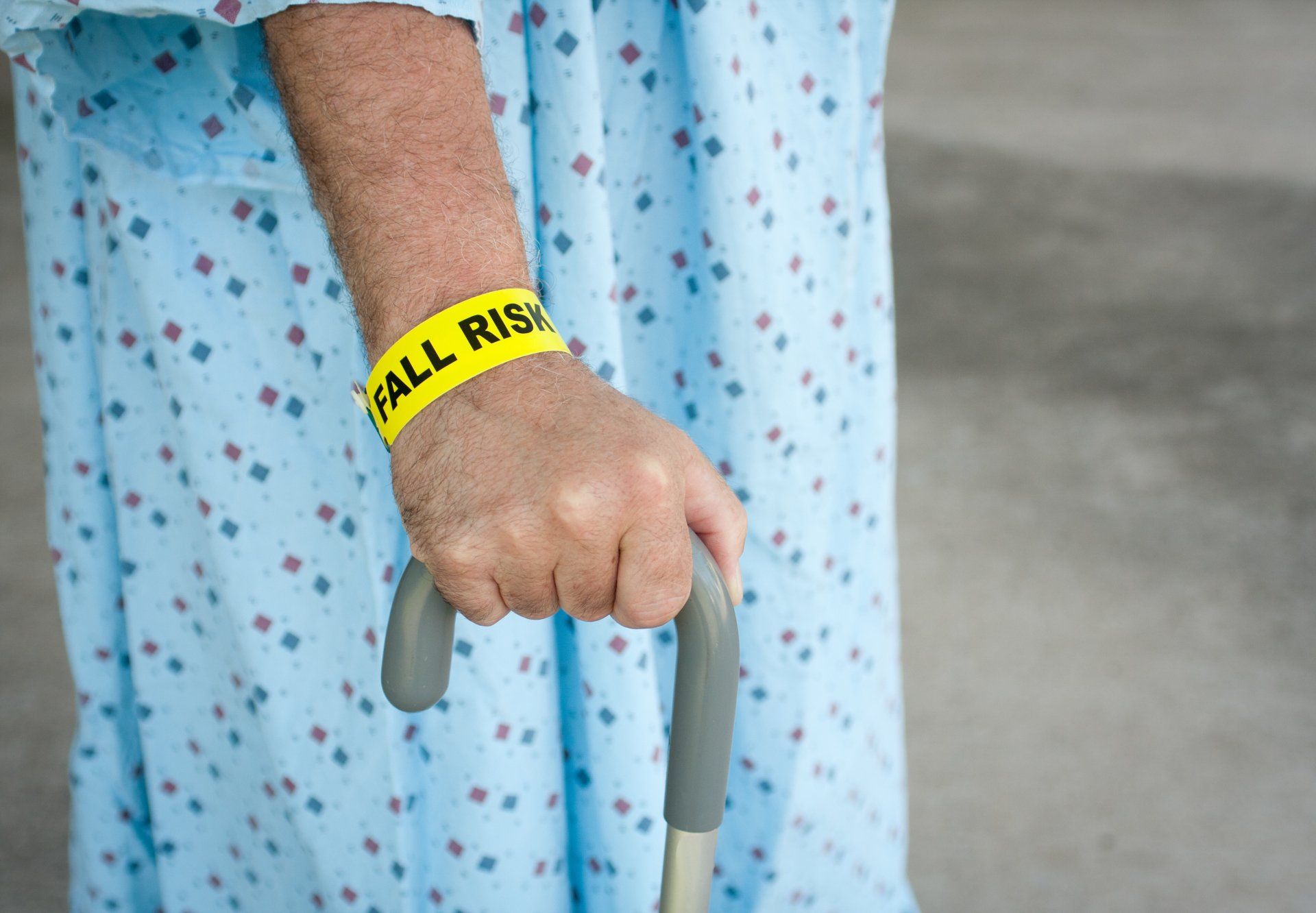How can you tell if the call is a scam?
Seniors are the most frequent targets of fraud. Being aware of some of the "red flags" can help you and your loved ones recognize and avoid common phone scams.
If you have a phone, you've probably gotten a phone call from a fraudster. And, if you or your loved ones are elderly, the likelihood of scam calls is especially high.
According to the Kansas Attorney General, there are many ways callers try to hoodwink seniors out of their hard-earned money. Some of the most common fake phone calls include:
- Loved ones in need of help, saying they're in jail or in some other kind of financial bind
- IRS or state tax offices, saying you must pay back taxes or risk arrest
- Medicare and/or other government imposters, asking you to verify your Medicare and/or social security numbers
- Computer repairs, offering to remove a detected virus
- Sweepstakes and lotteries, saying you've won a prize but must pay a fee to obtain it
- Credit card services, offering to lower your interest rate
- Fake charities, asking for donations made over the phone
So try to keep these red flags in mind. All, especially numbers 1 through 4 , are strong indicators that the call is likely a scam.
- The caller asks for money sent by wire transfer or prepaid reloadable cards or other gift cards
- The caller asks you to provide personal or financial information, such as bank or credit card numbers, social security numbers, Medicare ID numbers, etc.
- The caller asks you to pay money to receive a prize
- The caller insists you keep it secret
- The phone number displayed is a number you don't recognize
If you are unsure or worried that a call may have been legitimate, such as a loved one in need, verify the information with family and friends. You can also contact the Attorney General's Consumer Protection Division and/or the Better Business Bureau.
This blog post is adapted from our “Scams Against Seniors” series by former KBI agent Ray Lundin. To learn more about telephone fraud and how to protect yourself and your loved ones,
download our complete telephone fraud guide.














